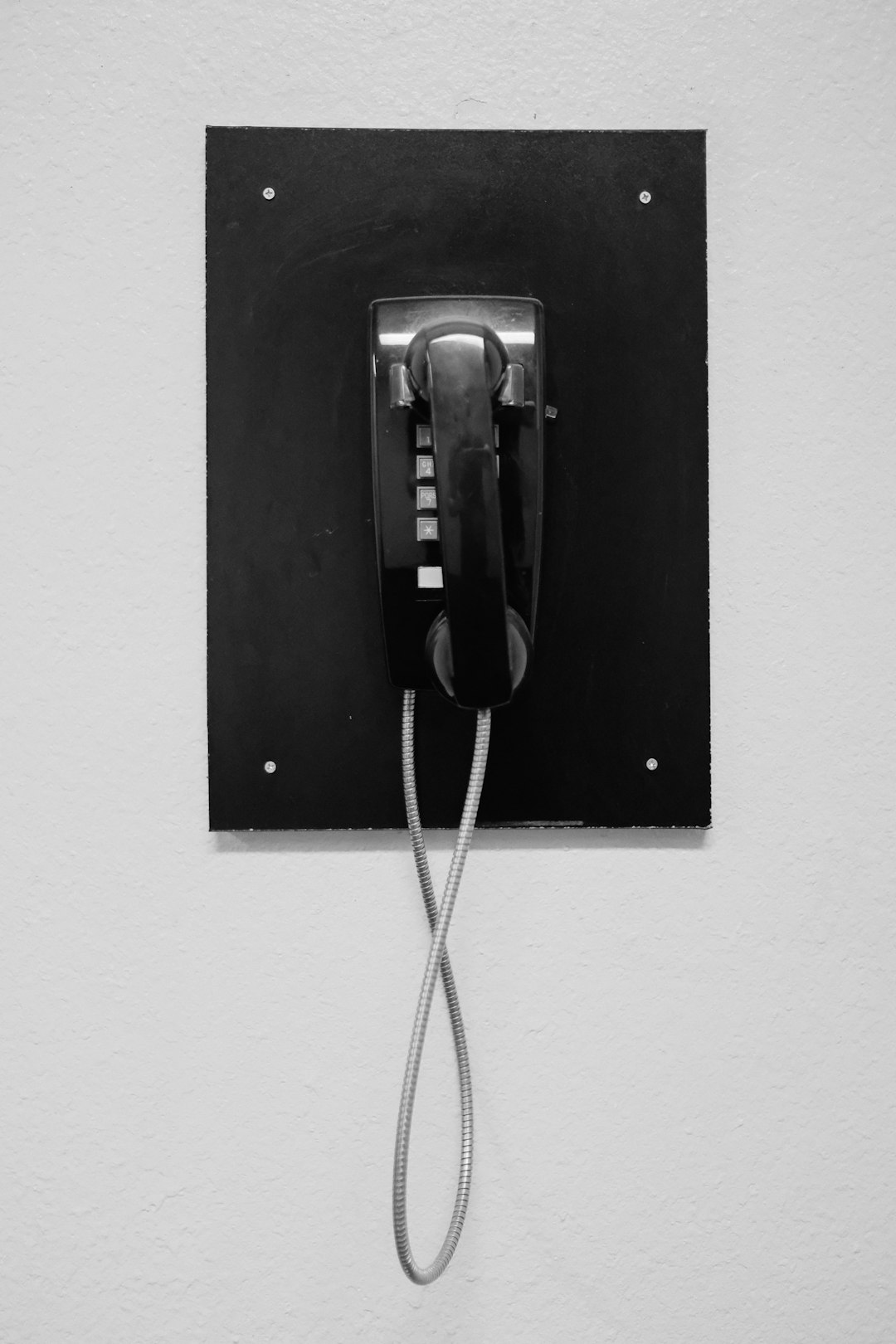In North Carolina, deal with unwanted spam calls by understanding the Telephone Consumer Protection Act (TCPA), which restricts excessive or annoying marketing calls. To stop spam legally, hire a reputable spam call law firm or lawyer specializing in TCPA cases. Register your number on the National Do Not Call Registry and leverage SEO keywords like "How to Stop Spam Calls North Carolina" and "Spam Call Law Firm North Carolina" for additional support.
In today’s digital age, no one is immune to the relentless onslaught of spam calls, particularly in North Carolina. Troutman Trounces Troublesome Telemarketers delves into the intricacies of navigating these unwanted intrusions through an examination of the Telephone Consumer Protection Act (TCPA) and available legal recourse. Discover effective strategies to stop spam calls tailored for North Carolina residents, along with insights from leading Spam Call law firms and lawyers specializing in TCPA cases, empowering you to reclaim control over your communication channels.
Understanding Spam Calls and the TCPA in North Carolina
In North Carolina, understanding and adhering to the Telephone Consumer Protection Act (TCPA) is crucial when dealing with unwanted spam calls. The TCPA is a federal law designed to protect consumers from excessive or annoying phone marketing calls, text messages, and faxes. It places restrictions on how businesses can contact consumers about their products or services, particularly for telemarketing purposes. Knowing your rights under this law is essential in navigating how to stop spam calls North Carolina residents often encounter.
If you’re seeking a solution to unwanted phone marketing, it’s worth noting that there are several steps you can take. Engaging the services of a reputable spam call law firm or spam call lawyer in North Carolina who specializes in TCPA cases can be beneficial. These professionals can guide you on how to stop spam calls effectively and legally. They have the expertise to handle situations involving aggressive telemarketers, ensuring your rights are protected and that unwanted calls cease.
Legal Recourses Against Trouncing Telemarketers
If you’re experiencing relentless spam calls in North Carolina, knowing your legal options is essential. The Telephone Consumer Protection Act (TCPA) is a federal law designed to curb intrusive telemarketing practices and protect consumers from unwanted phone calls. If a North Carolina-based company or individual violates this law by calling you without your consent, specifically for marketing purposes, you have several courses of action available.
Contacting a spam call law firm or lawyers specializing in TCPA cases is a prudent step. These professionals can guide you through the legal process and help determine whether you have a valid claim. You may be entitled to compensation for each violation, including monetary damages and injunctive relief to stop the calls. In North Carolina, there are strict guidelines on how businesses can contact residents, so how to stop spam calls is not just about hanging up; it’s about knowing your rights and taking proactive measures against persistent telemarketers.
Effective Strategies to Stop Spam Calls for North Carolina Residents
Many North Carolina residents are frustrated by the constant influx of spam calls, which can be a significant nuisance and even a safety risk. Luckily, there are several effective strategies to stop these unwanted telephone marketing calls. One crucial step is to register your number with the National Do Not Call Registry, ensuring that you won’t receive telemarketing calls from unknown sources. This federal registry is a powerful tool in combating spam calls.
Additionally, North Carolina has specific laws in place to protect its residents from excessive spam calls. If you have received unsolicited calls promoting goods or services, you can take legal action by consulting a spam call law firm or lawyers specializing in TCPA (Telephone Consumer Protection Act) cases. These professionals can guide you on how to file a complaint and potentially seek compensation for any harassment or inconvenience caused by these calls. Remember, knowing your rights is the first step towards making North Carolina’s phone lines a quieter, more enjoyable place.






